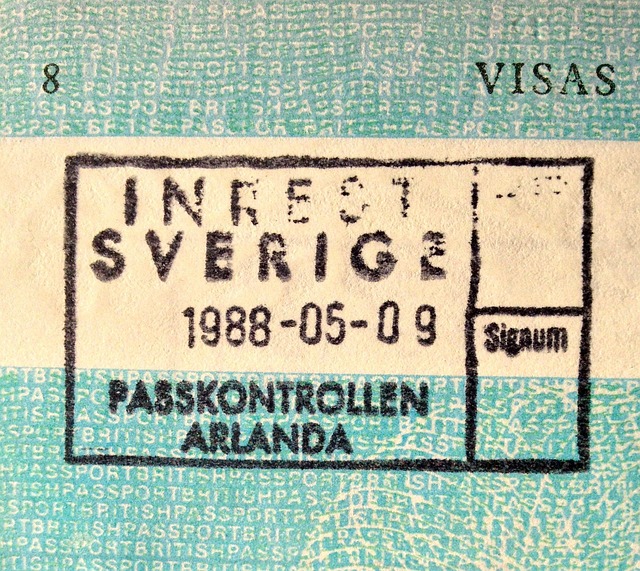Counter-Surveillance Strategies for Corporate Security Abroad

High-risk environments abroad pose unique challenges for business travelers under corporate security…….
In an increasingly interconnected global environment, International Protection Services (IPS) have emerged as a critical component of international relations and security management. IPS encompass a range of strategies, technologies, and professionals dedicated to safeguarding individuals, assets, and information across borders. This article aims to provide an in-depth exploration of IPS, shedding light on its definition, historical evolution, global impact, economic implications, technological innovations, regulatory framework, challenges, successful implementations, and future prospects. By delving into these aspects, we seek to equip readers with a comprehensive understanding of IPS and its pivotal role in navigating the complexities of today’s international landscape.
International Protection Services refer to the coordinated efforts aimed at securing individuals, entities, and critical infrastructure from various threats, including terrorism, cyberattacks, natural disasters, and organized crime, transcending national boundaries. IPS involves a multi-faceted approach, incorporating:
The concept of IPS has evolved over centuries, driven by changing global dynamics and emerging threats. Its roots can be traced back to ancient civilizations where guards and sentinels protected important sites and VIPs. However, the modern form of IPS began taking shape during the Cold War era, with the focus on counter-intelligence and protection of political leaders.
Key Milestones:
IPS exerts a profound impact across various regions, adapting to unique cultural, political, and economic contexts. Key trends shaping its trajectory include:
The economic landscape of IPS is dynamic, influenced by market demand, technological advancements, and global events.
Technology is a driving force behind the evolution of IPS, enhancing capabilities and responsiveness to evolving threats.
The regulatory environment for IPS is complex, involving international, regional, and national laws. Compliance ensures that security practices align with ethical standards and human rights considerations.
Despite significant advancements, IPS faces several challenges that require continuous innovation and collaboration:
Several countries and organizations have successfully implemented IPS solutions, providing valuable insights into best practices.
Singapore has transformed itself into a smart city-state, leveraging technology for comprehensive IPS. Their national identity system, SingPass, offers secure online services, while advanced surveillance cameras and facial recognition technology enhance public safety. The country’s integrated security approach ensures robust protection against cyber threats and physical attacks.
Tokyo has developed an extensive disaster response system that integrates robotics, IoT, and AI. Drones survey disaster areas, while robots assist in search and rescue operations. This technology-driven approach significantly improves emergency response efficiency.
The European Union’s External Borders Fund supports member states in strengthening border security. Through information sharing, joint patrols, and advanced surveillance systems, the EU enhances its external borders’ protection while facilitating legal migration.
Looking ahead, IPS is poised for further innovation, driven by technological advancements and evolving global challenges.
In conclusion, International Protection Services (IPS) is a dynamic field that combines technology, strategy, and collaboration to safeguard communities worldwide. As threats evolve, IPS must continuously innovate while adhering to ethical standards and human rights principles. By embracing technological advancements and fostering international cooperation, IPS can effectively meet the security challenges of an interconnected global society.

High-risk environments abroad pose unique challenges for business travelers under corporate security…….

International protection services play a critical role in crisis management globally, offering speci…….

International protection services (IPS) are essential for crisis management and evacuation planning…….

International security consulting firms specialize in protecting high-profile individuals by assessi…….

Corporate Security Abroad offers emergency medical evacuation (EME) services, coordinating global he…….

Global kidnapping trends vary due to socioeconomic factors, political instability, and crime network…….

Overseas protection services for VIPs offer specialized security solutions for high-risk internation…….

VIP security services worldwide are crucial for protecting high-profile individuals from diverse thr…….

International business travel poses unique risks like security threats, political instability, and c…….